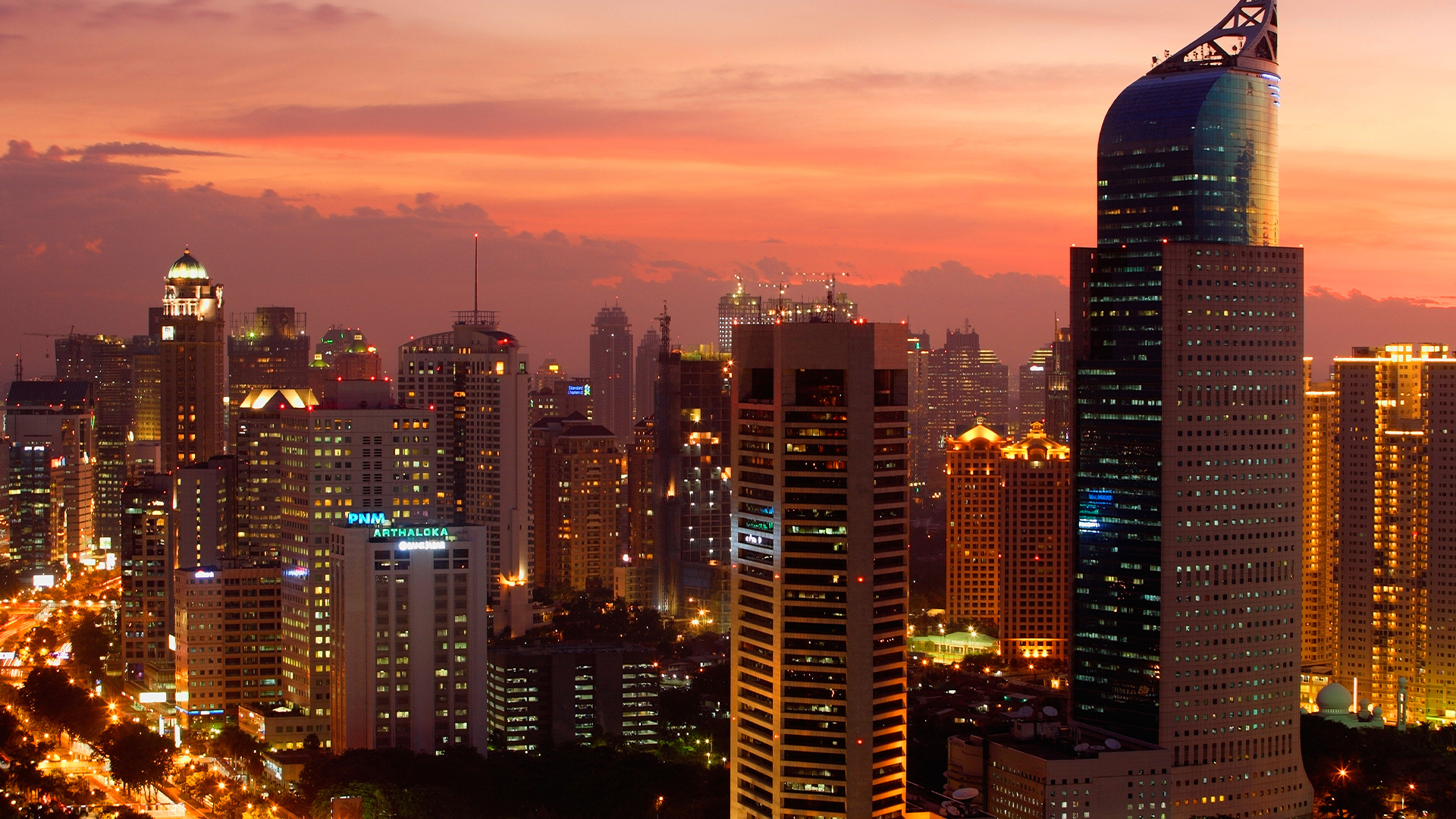
Update
Beyond COVID-19: Employment and labor
Employers have obligations for the health and safety of their employees and to protect their personal data.


Indonesia | Publication | 四月 2020
The Governor of the Special Region of Jakarta (DKI Jakarta) has issued regulations on the implementation of massive restrictions (PSBB) in DKI Jakarta, being Regulation No.33 of 2020 and Decree No. 380 of 2020. The implementation of PSBB in other provinces and regions in Indonesia will soon follow in order to prevent further spread of COVID-19.
PSBB is a measure taken by central and provincial government to temporarily restrict a number of regular social and public activities within a city or province – similar to a semi-lockdown situation. DKI Jakarta is the first province in Indonesia to implement PSBB. The implementation of PSBB in Jakarta has been made effective as of April 10, 2020 for 14 days thereof, and may be extended depending on the scale of the COVID-19 outbreak.
Under the Governor’s regulation:
The Governor’s regulation exempts the following types of workplaces that can remain open in Jakarta if they comply with PSBB measures by implementing physical distancing and prohibiting mass gathering:
(1) Government institutions
(2) Embassies and/or international organisations
(3) State/regional-owned enterprises
(4) Workplaces in the following sectors:
(a) Healthcare
(b) Food and beverage (supermarkets, minimarkets, restaurants, food stalls)
(c) Energy (including oil and gas industry as well as coal and mineral miners)
(d) Communication and information
(e) Finance
(f) Logistics
(g) Hospitality (hotels)
(h) Construction
(i) Strategic industry
(j) National vital objects, which refers to vital locations, areas, buildings or businesses that are vital to public needs, national interest and/or source of national income that is strategic in nature
(k) Daily needs, which covers daily essential needs for clothing, hygiene and sanitation, such as the supply of soap, shampoo, detergent, toilet paper and other basic needs
(5) Social non-governmental organizations
There is no specific sanction for breach of the implementation of PSBB under the relevant Governor’s regulation. However, government authorities have the right to impose sanctions under the Health Quarantine Law, Law No.6 of 2018, which provides that anyone who does not comply with or obstruct the government’s measures (which would include PSBB) may be subject to criminal sanctions of one-year imprisonment and/or a maximum fine of IDR100 million.
Due to the implementation of PSBB, most businesses in Jakarta and soon, other provinces and regions in Indonesia, are affected and have applied various approaches to require their employees to work from home as follows:
(1) For businesses which are temporarily closed, their employees are working from their respective homes; and
(2) For businesses which are exempted to apply PSBB provided that they comply with PSBB measures by implementing physical distancing and prohibiting mass gathering, they apply reduction of employees’ working hours, numbers of working employees and business operations.
As a result of the implementation of PSBB, there are some questions raised by employers with regard to employment law.
An employer is entitled to direct its employees to not attend the workplace and to the extent possible, perform their duties from home.
If for any reasons (e.g. due to their roles in their respective jobs), there are employees who cannot perform their duties from home, alternative arrangements need to be made based on agreement with the relevant employees. Such alternative arrangements may include the relevant employees to take annual leave during the duration of the absence.
Yes, they do. Recently, the Ministry of Manpower issued Circular Letter No. M/3/HK.04/III/2020 on worker/labour protection and business continuity for the prevention and control of COVID-19, which provides that employers must continue paying full wages of employees who are working from home unless an agreement between the two parties provides otherwise.
Under the Indonesian Employment Law, employees have annual leave entitlement and normally an employer cannot force employees to take leave unless there is an agreement between the parties.
Until now, there have not been any new regulations with regard to termination of employment specifically during the COVID-19 pandemic. In this regard, employers must follow the procedures of termination of employment under the Indonesian Employment Law and its implementing regulations.
Until the COVID-19 pandemic ceases to exist, the Government will likely implement restrictions on social aspects of public lives and the impact of such restrictions to businesses.
Therefore, we will further update you on further development of employment law due to the impact of the COVID-19 pandemic. We recommend you seek specific legal advice if you have any specific legal concerns relating to the impact of COVID-19 on your employees or your business.

Publication
Artificial intelligence (AI) raises many intellectual property (IP) issues.
Publication
We are delighted to announce that Al Hounsell, Director of Strategic Innovation & Legal Design based in our Toronto office, has been named 'Innovative Leader of the Year' at the International Legal Technology Association (ILTA) Awards.
Publication
After a lacklustre finish to 2022 when compared to the vintage year for M&A that was 2021, dealmakers expected 2023 to see the market continue to cool in most sectors, in response to the economic headwinds of rising inflation (with its corresponding impact on financing costs), declining market valuations, tightening regulatory scrutiny and increasing geopolitical tensions.
Subscribe and stay up to date with the latest legal news, information and events . . .
© Norton Rose Fulbright LLP 2023